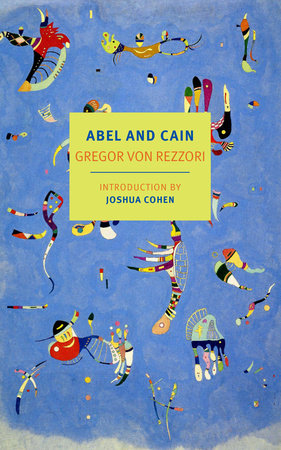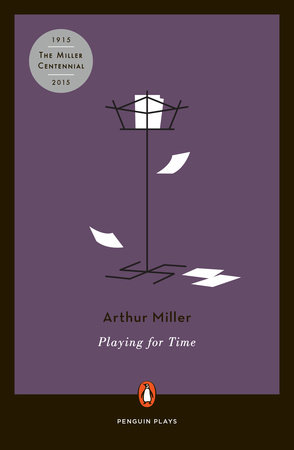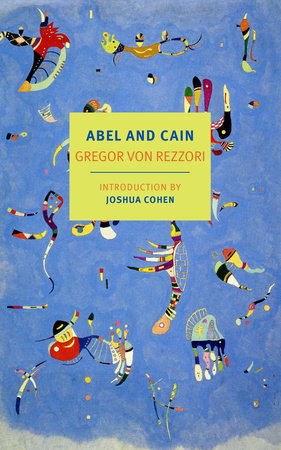

Abel and Cain
By Gregor von Rezzori
Introduction by Joshua Cohen
Translated by David Dollenmayer, Joachim Neugroschel and Marshall Yarbrough
By Gregor von Rezzori
Introduction by Joshua Cohen
Translated by David Dollenmayer, Joachim Neugroschel and Marshall Yarbrough
By Gregor von Rezzori
Introduction by Joshua Cohen
Translated by David Dollenmayer, Joachim Neugroschel and Marshall Yarbrough
By Gregor von Rezzori
Introduction by Joshua Cohen
Translated by David Dollenmayer, Joachim Neugroschel and Marshall Yarbrough
Category: Literary Fiction
Category: Literary Fiction

-
$24.95
Jun 04, 2019 | ISBN 9781681373256
-
Jun 04, 2019 | ISBN 9781681373263
YOU MAY ALSO LIKE
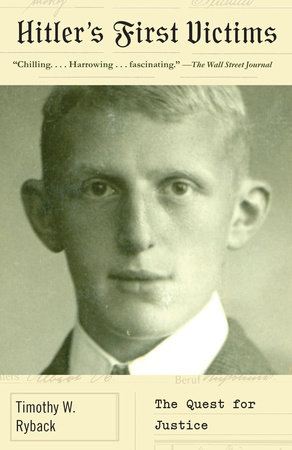
Hitler’s First Victims
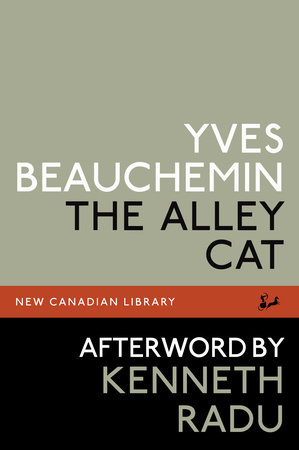
The Alley Cat
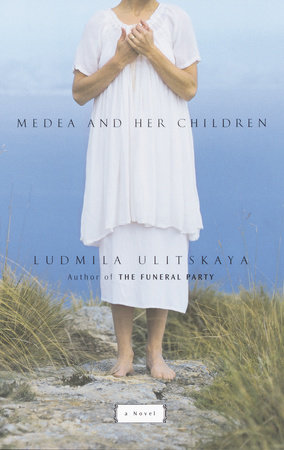
Medea and Her Children
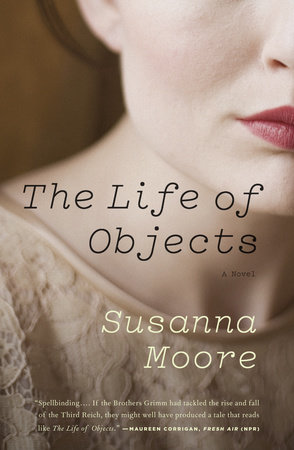
The Life of Objects
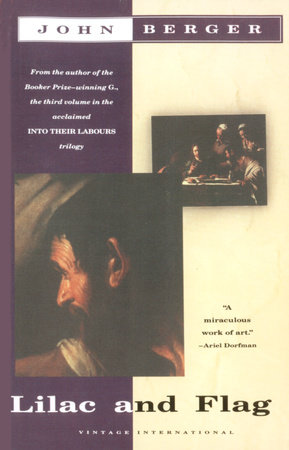
Lilac and Flag
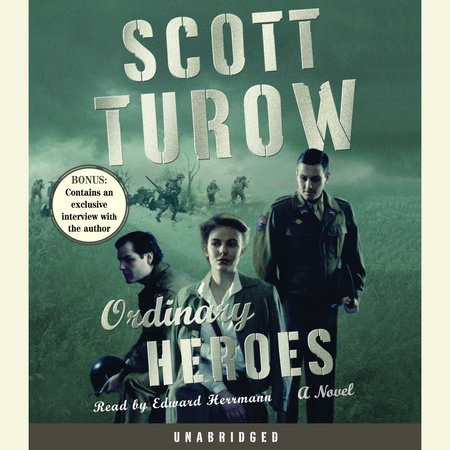
Ordinary Heroes
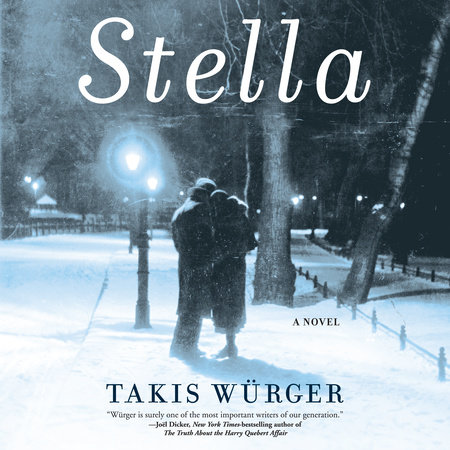
Stella
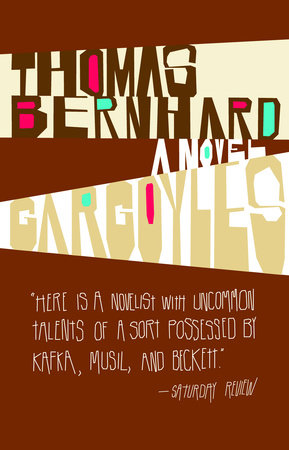
Gargoyles
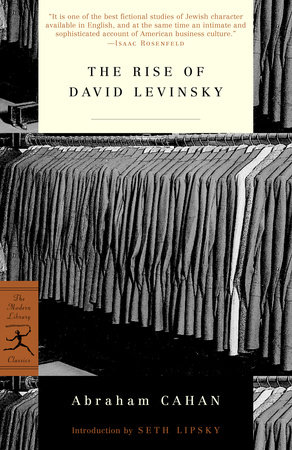
The Rise of David Levinsky
Praise
“If a great novel can be recognized by its obsessions, its characters and, above all, its tone, then The Death of My Brother Abel is unquestionably great. Rezzori addresses the major problems of our time, and his voice echoes with the disturbing and wonderful magic of the true storyteller…His is a turbulent, torrential story, full of passion, fire, regret, remorse-stained by anger toward the bourgeoisie, the changing times we live in—the proverbial Zeitgeist—and especially the Second World War and postwar profiteers. Rezzori’s inspiration is fueled by a feverish nostalgia for the past and an even greater nostalgia for an improbable, if not impossible, future. This is no classical novel, not even a modern one; it is its own kind of book, a novel within a novel, or more precisely a number of novels within a novel….Like all true novels, The Death of My Brother Abel provides no answer. The book may come to us from another time, another universe; but we believe in it, and that is what matters.” —Elie Wiesel, The Washington Post (1985)
“Any reader of European literature who has not read Gregor von Rezzori has committed the unthinkable. This is the rare writer who writes with unmatched beauty and skill while celebrating the joys of life.” —Gary Shteyngart
“This volume resurrects the vanished high culture of Mann and Musil’s Europe while also tackling the horrors of the war and its aftermath. These new translations breathe life into von Rezzori’s ambitious and exhausting epic.” —Publishers Weekly
“[The Death of My Brother Abel] is monumental in scope and unconventional in technique…. In his depiction of the postwar years, Mr. von Rezzori has given us one of the clearest pictures we have of those Germans who desire to forget the Nazi past, to consider yesterday ‘only a rumor.’” —The New York Times
“This volume resurrects the vanished high culture of Mann and Musil’s Europe while also tackling the horrors of the war and its aftermath. These new translations breathe life into von Rezzori’s ambitious and exhausting epic.” —Publishers Weekly
“Von Rezzori’s book is episodic, with stories sometimes breaking off in the middle, always with an odd poetry that finds beauty even in the most terrible destruction. A challenging consideration of a murderous history by a knowing witness.” —Kirkus Reviews
“There is a lively intelligence at work, along with a keen if dandified irony, and a justifiable despair.” —Los Angeles Times, on The Death of My Brother Abel
“The reams of existential-anthropological-sociological-psychological brooding never get boring; mounted on the fabulous beasts of Rezzori’s grotesquely inventive imagery, you are carried along like a child on an accelerating merry-go-round until your head spins and you feel exhilarated or sick; or both.” —Gabriele Annan, The New York Review of Books
“Gregor von Rezzori’s novels…have won him many admirers and a reputation as a writer of brilliance and of the highest ambition. He has been likened by critics both here and in Europe to Mann, Grass, and Musil.” —Bomb
“Lost worlds and cities emerge from under von Rezzori’s pen, simultaneously beautifully remembered and richly imagined. Only the truly great writers can do that.” —Aleksandar Hemon
“[Rezzori] describe[s] with bitter hilarity the break-up of the Austro-Hungarian Empire and the rise of the Nazis. Those world-historical cataclysms are filtered through the miserable, manic consciousnesses of Rezzori’s fictional alter-egos (sex-crazed, decayed aristocrats with bad jobs, guilt complexes, and PTSD). Rezzori’s is ‘a writerly talent that united in itself the qualities of Henry Miller with those of Dostoevsky,’ as the narrator of his magnum opus, The Death of My Brother Abel, puts it.” —Len Gutkin, The Chronicle of Higher Education
21 Books You’ve Been Meaning to Read
Just for joining you’ll get personalized recommendations on your dashboard daily and features only for members.
Find Out More Join Now Sign In








